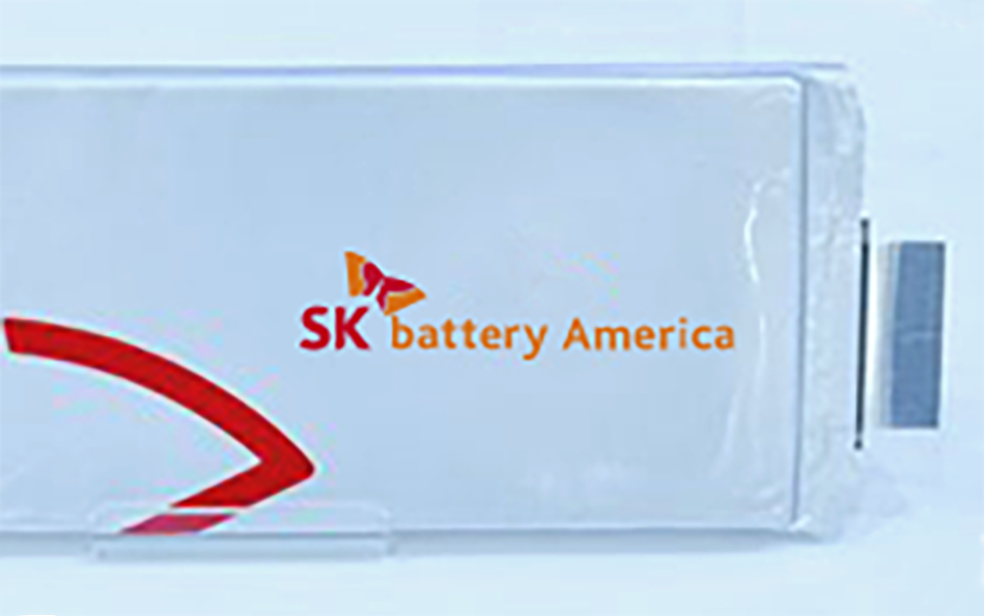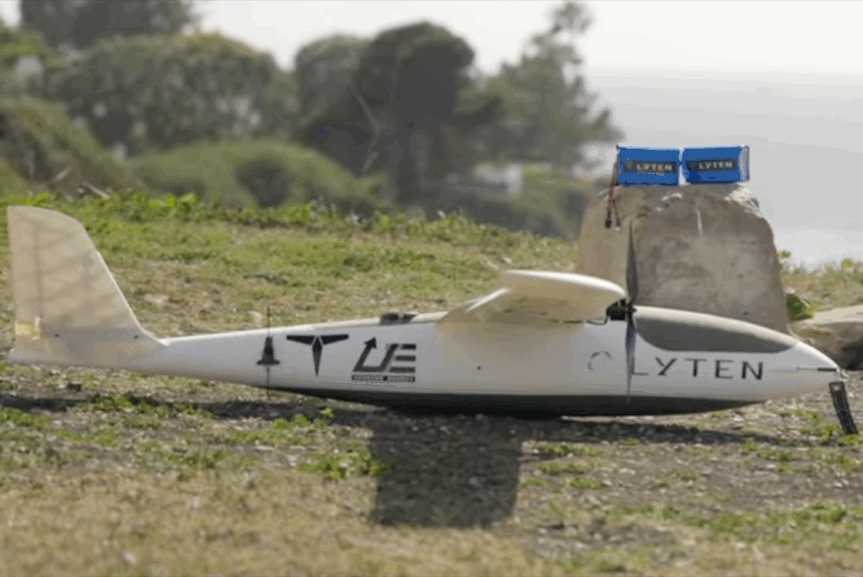SK Battery has been fined $33,000 by Georgia’s Environmental Protection Division after lithium-ion battery scraps were found in the burnt-out shell of a recycling facility near its Gigafactory in Commerce, Georgia.
The company has been blamed for the fire at the Metro Site recycling centre in Commerce, which was not permitted to accept hazardous waste like lithium-ion batteries such as those manufactured by SK at its plant three miles away.
Firefighters, located at a station next door to the recycling facility, were unable to prevent the total loss of the site after spraying three million gallons of water before the fire was extinguished four days later.
“There were batteries in there and that would explain the amount of heat that we had involved,” explained Banks County Fire Chief Steve Nichols.
During a joint inspection by SK Battery and Metro Site pouch cell LIBs were found in the burnt trash pile at the site.
According to the lawsuit, SK Battery America was caught “illegally dumping charged pouch cell LIBs” (lithium-ion batteries) in six previous deliveries of recycling materials.
SK Battery “assured Plaintiff that proactive, preventative measures would be put in place and there would be no further illegal dumping and delivery of charged pouch cell LIBs…”
In the debris from the fire, workers discovered dozens more batteries that matched the type the fire chief described. A South Carolina lab has been sent the batteries for testing but, so far, no official cause of the fire has been determined.
“Each time, (Metro Site’s owner) kept getting assured (by SK Battery) that it won’t happen again,” Banks County Fire Chief Steve Nichols told The Atlanta Journal-Constitution (AJC) in late 2023. “But this time, it was devastating.”
Further to prompting a state investigation, the fire has ignited legal action by the owner of Metro Site, Scott Ledford, who is seeking more than $26.5 million in damages.
SK Battery declined to comment on the pending litigation.
Ledford’s attorney, Gus McDonald, said SK Battery has amassed a track record of negligence, including multiple safety violations and fines levied by the U.S. Department of Labor’s Occupational Safety and Health Administration. McDonald said the company needs more oversight.
“(SK Battery) knew this was illegal. It made a choice to ignore safety,” he said. “They had one job — put explosive batteries in the correct bin. How hard is that to do?”
SK makes electric vehicle batteries for the Ford F-150 Lightning and the VW ID.4 at its $2.6 billion factory in Jackson County.
Steve Sloop of Onto Technology said: “Lithium batteries should be neutralised prior to storage, shipping, and recycling. Otherwise, the fire is bound to happen like the one at the SK. OnTo’s patented battery deactivation process will eliminate costs and improves safety for the battery industry.”












